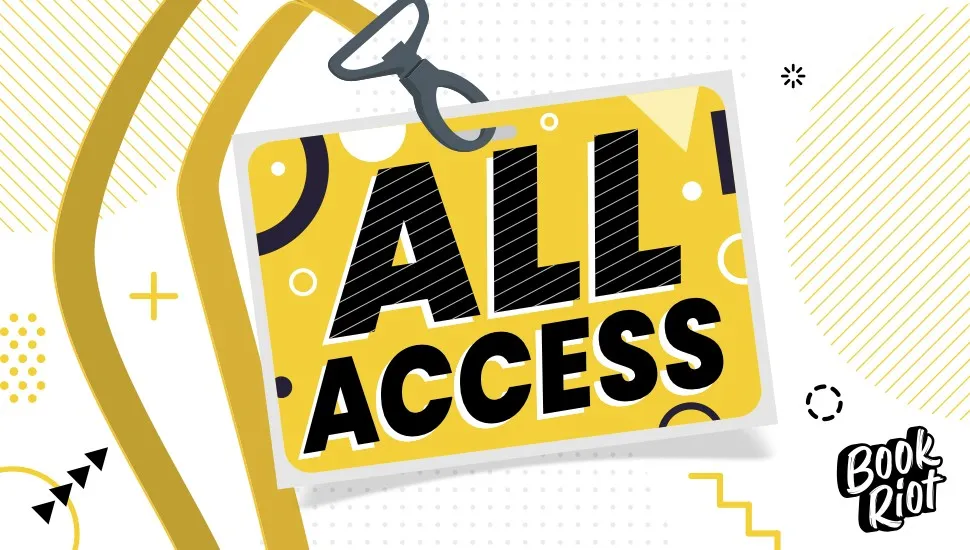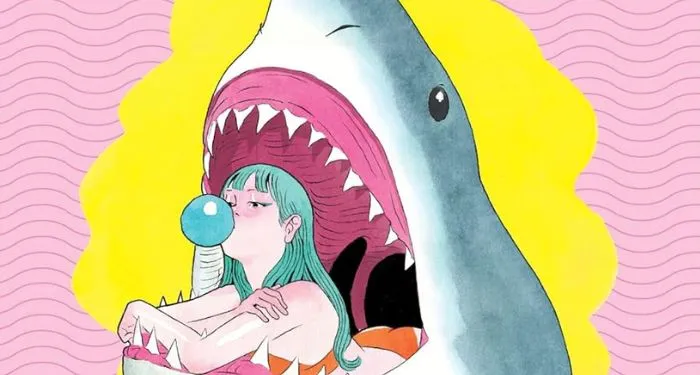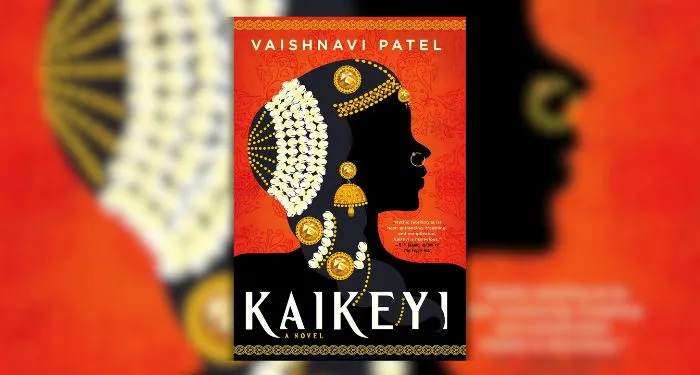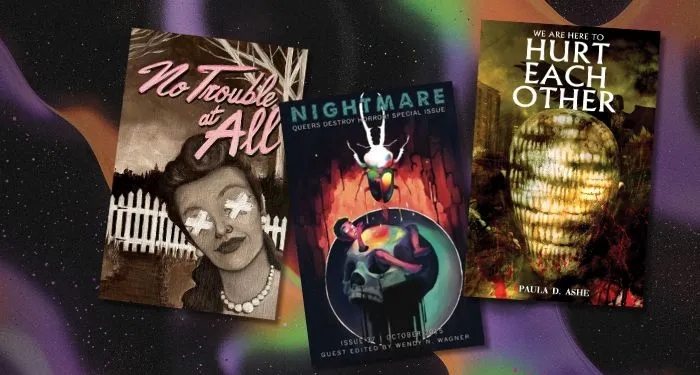Even with those clues, many books and movies firmly straddle the line between the two genres. The Scream film franchise, for example, could be argued into either bucket. It has the slow-burn, tension-filled build of a thriller, but the bloodshed of a horror movie. It’s set wholly in reality, but the killers have that seemingly supernatural element that makes them stronger and faster than the average person. The same could be said of hundreds of other books and films, making the miscategorization of some understandable. How do you decide? And who, really, gets to decide which category a book belongs in, especially with such wiggleable dividing lines?
Varying Opinion of What’s Horrifying
On that same note, what one reader finds horrifying could be another’s walk in the park. So, someone who was bored by a book might leave out the word “horror” when reviewing said book because, for them, it simply wasn’t horrifying. What some readers find disgusting might not even register as gross to others. Again, because these genres are, on a surface level, dependent upon the mood and feeling they invoke, reader responses and their subsequent reviews and labeling of the books may vary.
In this sense, there can also be an immense difference between what people find horrifying due to societal expectations and lived experiences. While many women may find a book about losing body autonomy horrifying, for example, the story might not elicit the same reaction from male readers. That’s not a hard and fast rule; it’s something to consider in why a book might be called a thriller versus a horror.
The “Confessional” Assumption
There’s a running assumption that what women write is confessional or autobiographical. Female songwriters bring it up often, like in this article on The Guardian, the singer St. Vincent is quoted discussing the term confessional, saying, “I don’t often hear it in relation to men. And I think there’s something slightly pejorative about the term…it presupposes — in a kind of sexist way — this idea that’s ingrained in culture that women lack the imagination to write about anything other than their exact literal lives. And that’s not true.”
A roundtable discussion on Lit Hub captured similar sentiments from writers Morgan Jerkins, Jami Attenberg, Esmé Weijun Wang, Elizabeth Crane, and Scaachi Koul, discussing the way society calling women’s writing “confessional” reduces their agency as writers developing intentional craft. News flash, not everything women write actually happened to them. But it seems that assumption hangs in the air, clouding everything they do in a way that doesn’t happen to male writers.
An article in Rife Magazine explores a similar thread, concluding with a particularly relevant conclusion:
“Women who write novels, then, find themselves in a catch-22. To admit that her own lived experience is the basis of her novel is to resign herself, a la Nora Ephron, to defending its status as fiction, even when men producing similar work are praised for playing with form. Yet if she makes no such claim, or even denies it when questioned, she will face increasingly invasive interviewers, and some readers will still assume that a kernel of her truth is in the novel. Even when a woman entirely removes herself from the equation by writing behind a pseudonym, her identity is relentlessly pursued in search of the similarities between her own biography and that of the characters she has created, as if to catch her out.”
Because of this, I wonder if, as part of this likely unintentional assumption, publishers and readers alike see a female-written horror novel and move it into the thriller section because, well, many of the things in horror novels don’t and can’t happen in the real world, and so their novel must not belong there.
The paranormal, the monstrosities, it’s all squarely in the imagination of the author. But if this assumption that women only write autobiographically, then of course their novels must be thrillers set firmly in the real world. They can explore their fears, sure, but only to the extent that they’re real things they’ve experienced. As the victim, reliving their fear rather than as authors, dreaming and imagining and creating something entirely new.
A Minimization of Women’s Ability to be Gross, Scary, and Weird
It’s no secret that society is structured around making women as palatable and pleasing as possible. So, perhaps the miscategorization of horror novels by women stems from an impulse that women aren’t allowed to be gross, scary, or weird. That they aren’t capable or don’t want to explore the horrifying and disgusting themes that we often see in horror novels. That they simply mean to explore fear, rather than create it. Perhaps it’s easier for some to stomach a woman writing a domestic thriller than a creepy, crawly, blood-soaked horror novel.
But, horror is and always has been a genre led by women. Monster, She Wrote: The Women Who Pioneered Horror and Speculative Fiction makes this argument, opening with, “Why are women great at writing horror fiction? Maybe because horror is a transgressive genre. It pushes readers to uncomfortable places, where we aren’t used to treading, and it forces us to confront what we naturally want to avoid.” The introduction argues that women are so good at writing horror because they’re used to society telling them to be sweet and stay in their place, are forced into uncomfortable environments, and cast as outsiders. This, according to the book, is what horror does to it’s readers, to an extent. It makes readers uncomfortable and forces them out of their comfort zone. That’s why women are so good at writing it, because they know that feeling all too well.
I’d also like to point out that one of the chapters in Joanna Russ’s How to Suppress Women’s Writing tackles the topic of false categorization and the unintentional or intentional way it’s used as a tool to keep women out of what’s seen as “serious” writing. Russ writes, “The assignment of genre can also function as false categorizing, especially when work appears to fall between established genres, and can therefore be assigned to either (and then called an imperfect example of it) or chided for belonging to neither.”
This false categorization could be a way, whether purposefully or not, of keeping women from their rightful place in the horror world, moving their books into the thriller category and, as such, causing “true” horror fans to turn their nose up at the idea of reading something that won’t, by the label’s implication, scare them. It could be a way of minimizing the truly horrific, vile, and disgusting (and awesome!) things women have just as much ability and agency and right to write about, placing them in a category that comes with different implications for what awaits a reader inside the book’s pages. It could be a way of keeping women out of the boys’ club of horror while refusing to acknowledge that women were and still are the genre’s founding members.
What do you think? Have you noticed this with any other novels? While you’re here, why not check out these body horror novels by women or these horror books about monstrous women and girls!



















 English (US) ·
English (US) ·